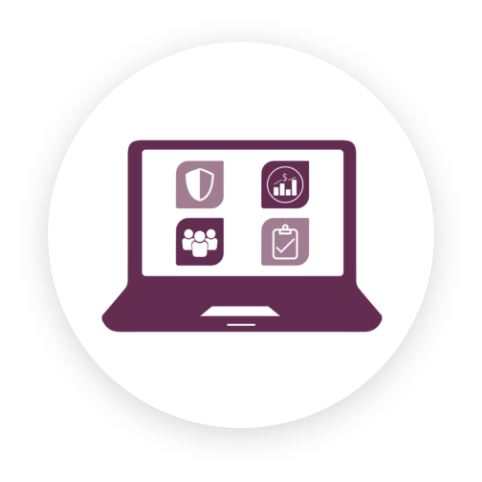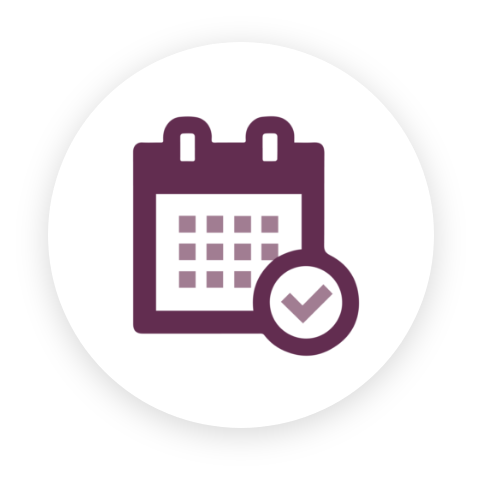Beginning January 1, 2023, most employers must disclose wage scales or salary ranges, benefit information, and other compensation in any “posting” for a job opening.
Following is detailed information about this new rule, as outlined in the Administrative Policy for the Equal Pay and Opportunities Act.
Who does this apply to?
All employers, with 15 or more employees, engaging in any business, industry, profession, or activity in Washington.
The “15 or more employees” threshold includes employees that do not have a physical presence in Washington, if the employer has one or more Washington-based employees.
“Engaging in any business, industry, profession, or activity in Washington” includes employers that do not have a physical presence in Washington, but engage in business in Washington or recruit for jobs that could be filled by a Washington-based employee.
Employers must disclose a wage scale or salary range and a general description of benefits and other compensation on postings for remote work that could be performed by a Washington-based employee. For factors used to determine whether an employee is Washington-based, see ES.A.13, “Minimum Wage Act- Washington Based Employee.” An employer cannot avoid disclosing wage and salary information requirements by indicating within a posting that the employer will not accept Washington applicants.
Employers do not need to disclose wage and salary information for jobs to be performed entirely outside of Washington even if the job posting reaches applicants who would fill the position as a Washington-based employee. This out-of-state exception must be applied narrowly, on a case-by-case basis. The out-of-state exception applies to jobs tied to worksites physically located entirely outside of Washington, for example, waitstaff at restaurant locations in other states.
Employers do not need to disclose wage and salary information in printed hard copy postings made and distributed entirely outside of Washington.
What is a job posting?
A “posting” means any solicitation intended to recruit job applicants for a specific available position, including recruitment done directly by an employer or indirectly through a third-party, and includes any postings done electronically, or with a printed hard copy, that includes qualifications for desired applicants.
Job postings must include wage and salary information when the posting includes qualifications for desired applicants of a specific position. Qualifications are, but are not limited to, specific knowledge, skills, or abilities requested of the applicant for suitability of the position.
Not a job posting: A window sign that reads “Help Wanted.”
A job posting: A social media post that reads, “Seeking applicants for a Billing Specialist position. Must have 2 years of medical bill processing experience. $30.00-$40.00 per hour, medical, vision, and dental benefits, 401k retirement plan, and stock options available. More information can be found via hyperlink here.”
Internal postings = job postings.
NOTE: Employers must provide an employee who is offered an internal transfer or promotion with the wage scale or salary range of their new position, if they request that information.
Who is considered an applicant?
All applicants, including existing employees, who apply to a posting recruiting Washington-based employees, including employers who may not have a physical presence or employee in Washington State, are protected by the law.
A person is only considered an “applicant” for the specific posting(s) they applied for, not for every available job of the employer.
If a person is offered a position that is different than the position applied for, the employer should disclose wage and salary information by providing a copy of the compliant posting for the position offered.
What information must be disclosed on the job posting?
For detailed information on the job postings rules, click here.
Should I keep copies of the job postings?
Yes, these records should be kept a minimum of 3 years.
Are there penalties for noncompliance?
Yes.
Civil penalty:
- For a first violation, up to $500
- For a repeat violation, up to $1000 or 10% of the damages, whichever is greater
A violation as to each affected employee constitutes a separate violation.
Private Right of Action:
- Actual damages; statutory damages equal to the actual damages or $5000, whichever is greater; interest 1% per month on all compensation owed
- Costs and reasonable attorneys’ fees.
- The court may also order reinstatement and injunctive relief.
- Statute of Limitations: 3 years from the date of the alleged violation
- Recovery of any wages and interest must be calculated from the first date wages were owed to the employee.









